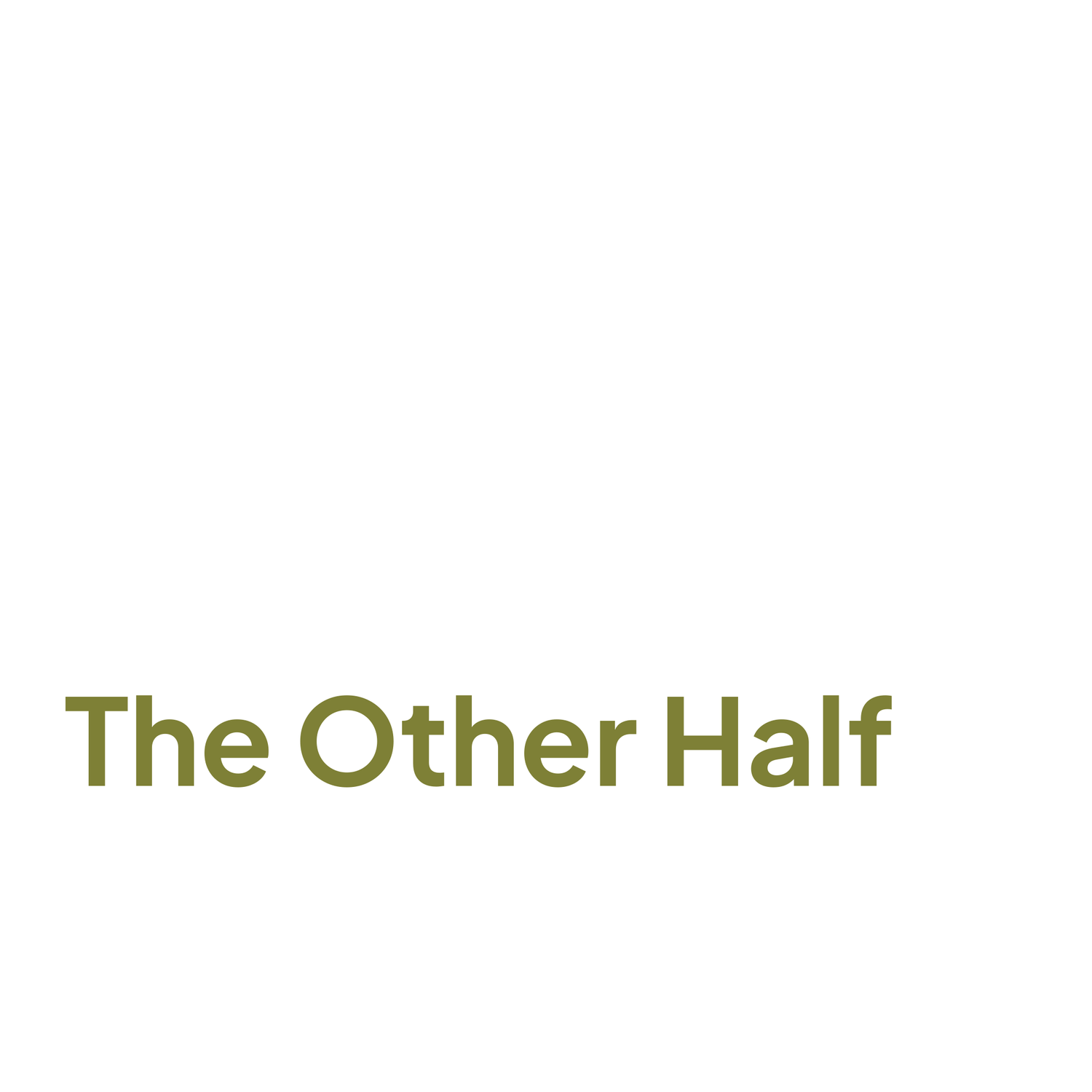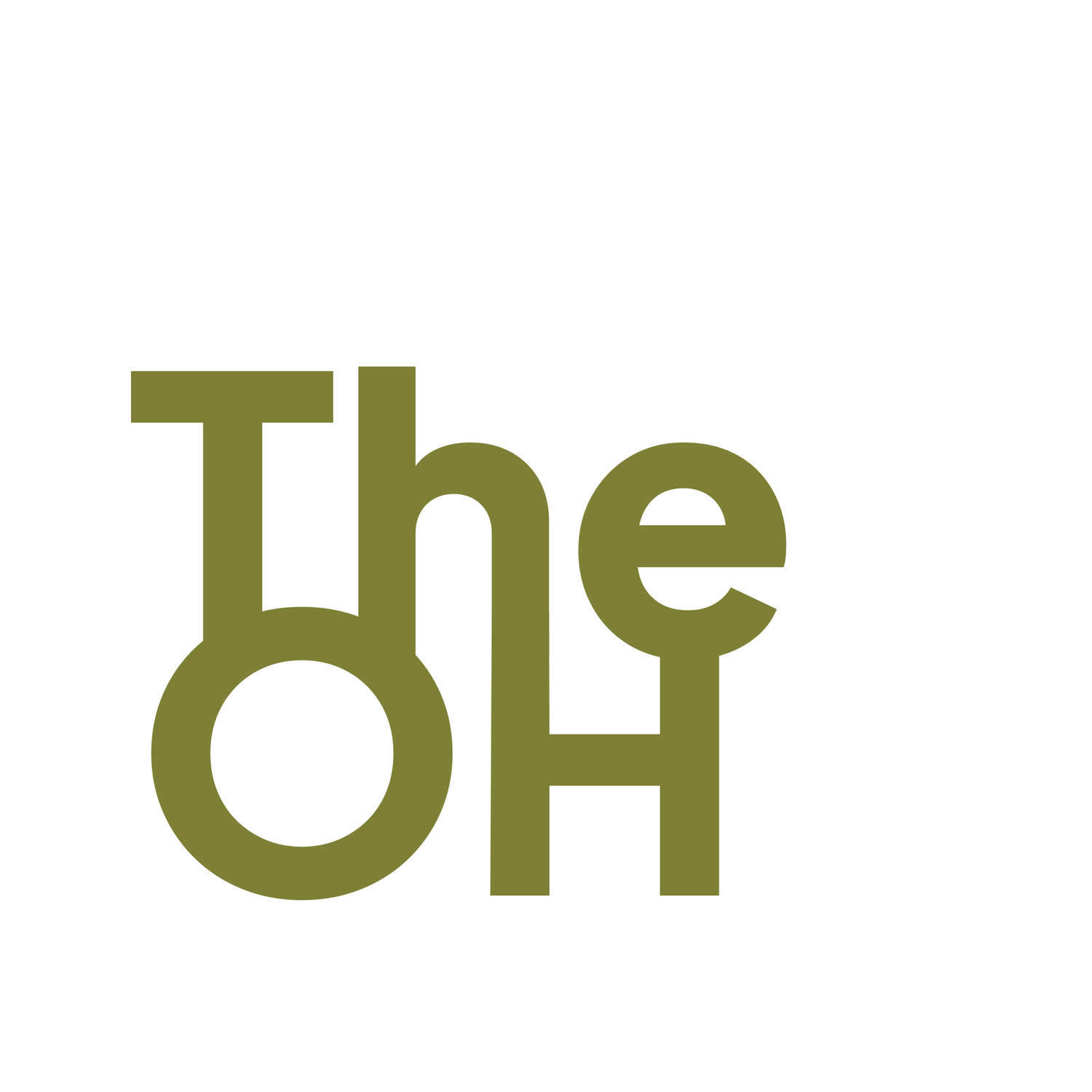Women, work and inclusion in the 2020s
Call for Evidence
Fiona Mackenzie, June 2023
Public Life
The Other Half are a non-partisan think tank, developing practical policy in women’s interests. We are exploring how women’s needs from work are being met in the 2020s.
This project aims to identify how inclusion can best be targeted to meet women’s needs in the coming decades. We are reviewing the inclusion work of the UK’s biggest employers, speaking with employers, employees and jobseekers to understand what is being done, what is working, and which challenges should policymakers and employers turn their attention to in developing inclusion policy.
Sign up to hear updates on this project and we’d love to talk to you as a contributor.
What is this project?
This is the time to find out how inclusion work can best be targeted to meet women’s needs in the 2020s and beyond.
Since 2017, gender pay gap reporting has pushed women’s pay and representation in the workforce into corporate and political attention. This follows the work of previous decades where women’s rights campaigners pushed for work that worked for women, particularly mothers: part time contracts, flexitime hours, and now flexible working. We have recently experienced huge shifts in working practices via the Covid pandemic making home working possible for many. We believe there is an urgent need to understand how inclusion work can meet women's needs for the years ahead. Post pandemic working practices are settling into new routines. Further shifts are yet to come with experiments in four day working weeks, and the arrival of artificial intelligence which may totally disrupt how we work. Large companies are adopting Environmental, Social and Governance (ESG) reporting which is likely to put ‘gender inclusion’ at the heart of investment decisions. Politicians are lining up for the next UK General Election with promises to prioritise women, work and childcare.
Key questions we are exploring:
What are the UK’s biggest employers doing to improve pay and representation of women in their workforces?
What do these employers talk about when they identify the key issues to be solved, and how do they target their inclusion work at solving these?
What are key ‘thought leaders’ in inclusion saying about the future for women’s inclusion in work?
How does this line up with wider understanding and research on the issues women face in 21st Century working?
What do women today want from work?
How might inclusion work be best targeted in years to come?
How can I get involved:
The Other Half would be delighted to hear from you:
If you are an employer and would like to tell us about the work you do to promote women’s inclusion. How do you see your work evolving over the coming years?
If you are an employee and you would like to tell us about the challenges and opportunities you face at work. What would you like to see from your employer in the coming years to promote women’s inclusion?
You are seeking work and would like to share your experiences of recruitment and finding roles that meet your needs. How can employers better meet your needs in their hiring practices? What do you look for when you are searching for a new role?
Your contribution can be anonymous. Sign up using the form above and we will be in touch.
Support our work
The Other Half is a non profit funded by donations. We are so grateful for any support you can give our work.
Public Life
-
Women, Work and Inclusion
Women Work and Inclusion project
New project: This major new review will identify how work can meet women’s needs in the coming decades. We are reviewing the inclusion work of the UK’s biggest employers, speaking with employers, employees and jobseekers to understand what is being done, what is working, and which challenges should policymakers and employers turn their attention to in developing workplace inclusion policy.

-
Sexism in the City: Treasury Evidence
Women Work and Inclusion project
Committee Evidence: The Treasury Committee invited views on UK financial services. Here is our response on what we think has been achieved and why we think the future focus needs to shift.
Key messages: Female talent is being lost, firms need to capitalise on post-pandemic working practices, and some diversity activity is mis-focused.

-
Latest thinking on women and work
Women Work and Inclusion project
In development: Given major shifts in working practices and in women’s representation in the workplace, what is the current thinking on women and work? We’re reviewing the diversity and inclusion activity of the UK’s major employers to understand what women might be offered in the current workplace.

-
Women’s perspectives on egg freezing
In a work culture where corporate funding of egg freezing is normalised, but younger motherhood is not, it seems likely that some female employees may feel pressured to freeze their eggs for the sake of their careers. Egg freezing may offer choice, but women risk damaging their health, and they risk missing the window to have a family at all. How do we ensure that a decision they make to freeze their eggs is in their own interests, not just the interests of others?



